Author: Chukwuma Anoruo, University of Nigeria
Illustrated by Harvey Sapigao
Chukwuma Anoruo is a postgraduate student of the University of Nigeria. He is the lead author of a recent study (1) which found that the anomalies in total electron content (TEC) in the African region ionosphere during the initial and recovery stages of geomagnetic storms are more pronounced in the low latitude region. This study showed that the physics of the ionosphere at mid- and low-latitudes of the African region is needed to understand the rate of change of TEC. This was demonstrated using the example of the geomagnetic storm on 19th February 2014. Anoruo analysed storm-time changes from global navigation satellite system (GNSS) data using the African Geodetic Reference Frame (AFREF) network.
Anoruo’s career started with a BS in Physics and MS in ‘Physics of the Lower Atmosphere’, where he majored in aerosols, carbon dioxide measurements and air quality monitoring. He describes the experience as ‘excellent’ and enjoyed completing field work exercises as well as contributing to the group review of the Intercontinental Panel of Climate Change.
Anoruo describes his experience of being a PhD student during the global pandemic:
‘I started as a PhD student in 2018 at the University of Nigeria, Nsukka. During the early stages of my doctoral program, I started to read more manuscripts, textbooks, attend conferences, workshops and engage in space weather discussions through Twitter and other social media. I experienced challenges, including the struggle to obtain funding to complete a PhD. One particular challenge was that I was given accommodation far from the University campus.
The COVID-19 pandemic made an impact on the lifestyle of Early-Career Researchers (ECRs). The situation of ECRs in Nigeria was already difficult before the pandemic, due to lack of opportunities and funding. During the pandemic, the Nigerian government enforced a stay-at-home order, intended to keep people safe. The restrictions resulted in the closure of the universities and research centres, so I had to work from home. Being housebound during the pandemic interfered with my ability to focus on my thesis. I lost touch with my supervisors and experienced inertia.
There are numerous issues that developing countries like Nigeria have in common and that could worsen the impact of the pandemic. How can people without access to clean water be expected to wash their hands? How can people in an overcrowded environment practice social distancing? How can people mostly without stable and regulated electric power work from home? These major challenges — mainly the lack of access to electric power — confronted me. When I started to work from home, I only had access to 24% of the normal power supply. The lack of electrical power caused delays in communication with collaborators by email and video call.
Even though I experienced these challenges, I found ways to maintain my physical and mental health. I adapted to a new routine, starting to exercise using my home environment and listening to, and sometimes playing, musical instruments. When in-person events were cancelled, I attended virtual international conferences, workshops and communicated with senior scientists in Space Science.’
- C. Anoruo et al. Front. Astron. Space Sci. (2022), 9, 947473
https://www.frontiersin.org/articles/10.3389/fspas.2022.947473/full
Adapted from:
Intern. Assoc. of Geomag. and Aeronomy Blogs (4th February 2022). Available at: https://iaga-aiga.blogspot.com/2022/02/doctoral-and-postdoctoral-low-benefits.html?m=1 [Accessed 20th January 2023]
PAGES Early-Career Network Blogs (11th June, 2020) Available at: https://theearlypages.blogspot.com/2020/06/early-career-researchers-in-covid-19.html#anoruo [Accessed 20th January 2023]
Are you a research student? We’d like to hear from you – we’d be interested in receiving a summary of your research or your experiences as part of a research group. Just email jiaps@iaps.info or contact us on social media.
